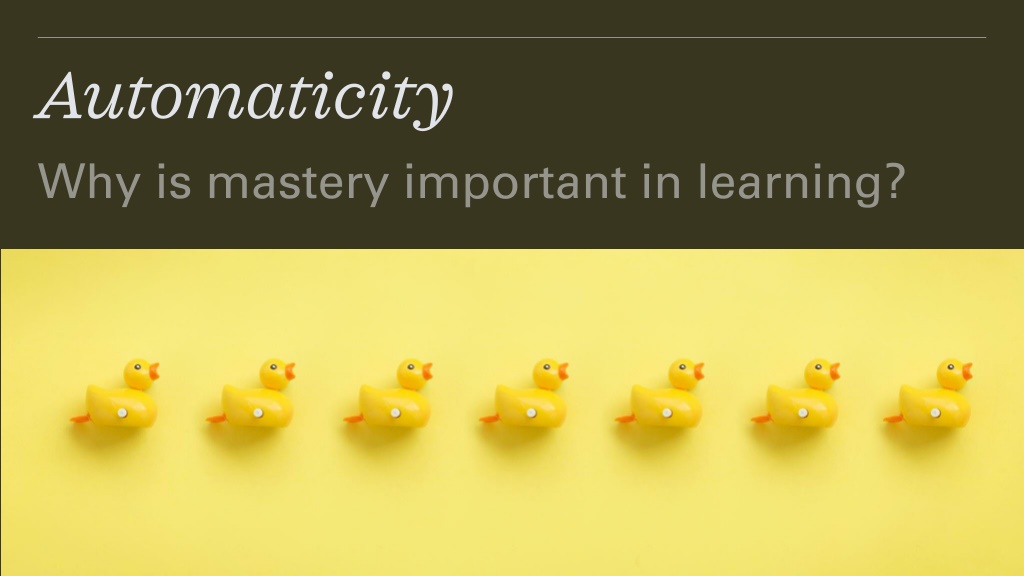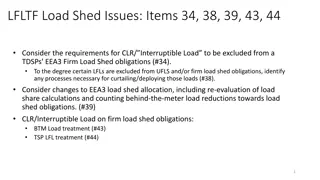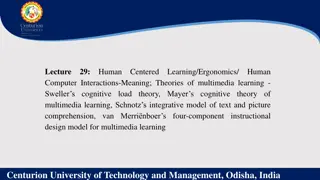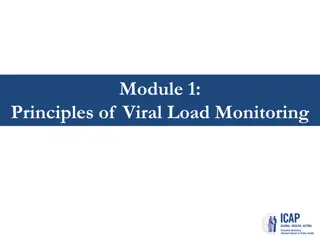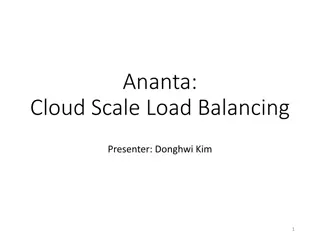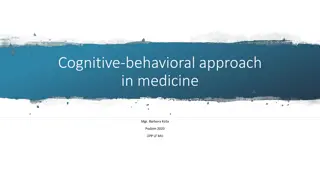Automaticity and Cognitive Load in Learning Processes
Explore the concept of automaticity, the process of performing tasks without much conscious thought, and its relationship with cognitive load in learning. Discover how automaticity impacts our knowledge retention and task performance.
Download Presentation

Please find below an Image/Link to download the presentation.
The content on the website is provided AS IS for your information and personal use only. It may not be sold, licensed, or shared on other websites without obtaining consent from the author. Download presentation by click this link. If you encounter any issues during the download, it is possible that the publisher has removed the file from their server.
E N D
Presentation Transcript
Knowledge Splat! Now compare your knowledge splat with your partner s: What have you both got? What do you both agree on? What have you got that is different? Which answer is correct or are they both right but phrased differently? What have you missed that your partner has included? What are you both unsure about? Is there anything your partner can help you with that you re unsure on?
Automaticity (n): the process of doing something without a lot of thought or attention.
How many examples of automaticity can you list? http://www.greatersport.co.uk/wp-content/uploads/stickmen/tennis.jpg
